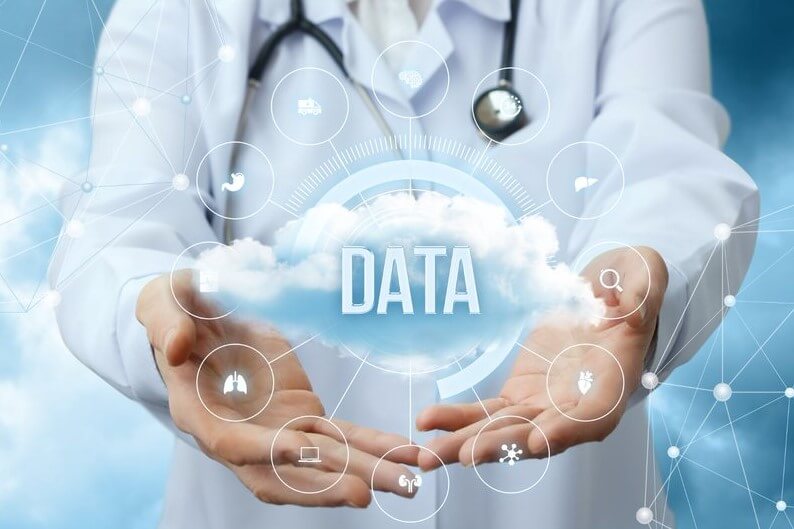The healthcare technology space is constantly affected by regulatory changes (eg, Meaningful Use Requirements, HIE, ACO, HIPAA, and P4P), evolving healthcare standards (eg, HL7, ICD-10, XDS / XDSi) and technology innovations (eg HTML5, MVC 4.0, mobile application development for healthcare, cloud computing, etc.). Healthcare organizations are under constant pressure to improve the quality of care while reducing costs.
Given the complex IT systems in hospitals and other provider environments, easier said than done. The healthcare IT ecosystem often involves hundreds of specialized areas, thousands of disparate systems, and different types of healthcare data structures and formats. invest significant effort and cost in integrating your applications with other applications in a hospital: healthcare application development (EMR, PHR, laboratory, point of care systems), medical imaging (RIS, PACS), financial ( RCM, claims, collections, denials) and other departmental applications. They need to be concerned about how they can connect and share information with HIE, ACO, and other healthcare organizations (including physicians, primary care physicians, laboratories, acute care centers, doctor’s offices, hospitals, PCMH). This means creating multiple standards-based connections with a wide variety of external systems, such as EHR, laboratory systems, PHR systems, drug data, RIS / PACS platforms, RCM, HIE. Then they would need to support this entire complex set of applications and connections effectively in thousands of such facilities throughout the healthcare ecosystem.Cloud RIS
The key to addressing this level of complexity often lies in getting the right technology partner on board. While most technology solution providers claim to have some capabilities in healthcare applications, companies need to be careful when choosing a partner. Some key questions to ask yourself are:
What is the technology partner’s knowledge of healthcare workflows? Does the solution provider have extensive exposure to real-world deployments and use cases around emerging trends such as healthcare mobile app development, cloud computing, and big data analytics?
Does the partner have strong experience in developing healthcare applications across a wide range of clinical, imaging, financial and operational applications, as most solutions would involve dealing with multiple types of applications?
Since interoperability and integration (both internal and external) are a critical component, does the partner have a deep understanding of healthcare interoperability standards (HL7, DICOM, XDS, SNOMED, and LOINC)? Also, does the partner have real experience with integration technologies and platforms (eg Cloverleaf, Ensemble, Rhapsody, etc.)?
Considering the strong data privacy needs with respect to health care information, required by HIPAA, does the partner really understand what is needed to ensure data security and privacy, including protection of privacy? Personal health information (PHI) in distributed networks?
A key success factor in successful healthcare application development is creating long-term partnerships that allow technology partners to invest a significant amount of time and effort in understanding the underlying applications, their end users, and the unique challenges they face. faces any organization. Given the complexity, healthcare application development cannot be a short-term commitment and requires strong commitment and a long-term vision from all stakeholders involved.
As Senior Manager of Strategic Partnerships at CitiusTech, Amar works with leading healthcare organizations to build global technology partnerships for CitiusTech solutions and services. Her areas of focus include assisting processes in building best practices to generate business value and developing long-term relationships with healthcare technology organizations.

